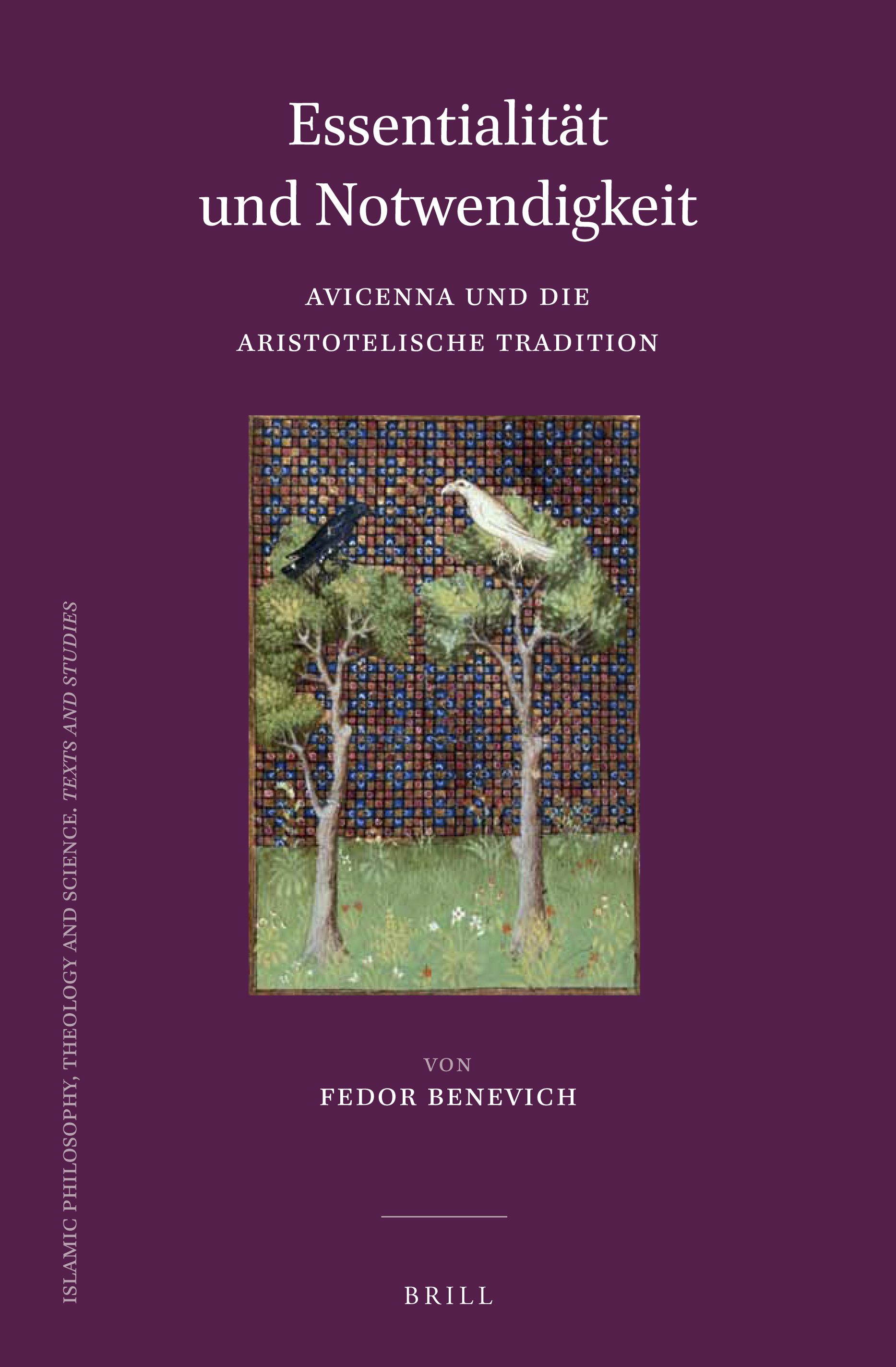
Essentialität und Notwendigkeit: Avicenna und die Aristotelische Tradition
By
Publisher Brill
Pub Date 2018
Pub Location None
Isbn 0
Course(s)
Description
In Essentialität und Notwendigkeit: Avicenna und die Aristotelische Tradition Fedor Benevich presents Avicenna’s theory of essence and the scientific determination of essential and necessary properties, the key doctrine of Avicenna’s metaphysics and epistemology. For the first time in Western scholarship, the book offers a detailed analysis of the central notions of Avicenna’s philosophical project, such as essentiality, necessity, universality, immediacy, primacy, and specificity. It also provides an unprecedented account of how Avicenna’s views on these notions changed throughout his career, by comparing their definitions in all of Avicenna’s extant logical works, including sections from al-Šifāʾ, al-Išārāt wa-l-tanbīhāt, al-Naǧāt, Dānešnāme, al-Muḫtaṣar al-awsaṭ, al-Mūǧaza fī uṣūl al-manṭiq and al-Ḥikma al-mašriqiyya. The book argues that Avicenna develops a unique form of metaphysical essentialism, which Fedor Benevich calls “conceptual essentialism.” Unlike modern essentialism, conceptual essentialism is based on a priori reasoning. The book also investigates the historical background of Avicenna’s essentialism, that is, ancient and late ancient Greek philosophy as well as the preceding tradition of falsafa. Fedor Benevich argues that Avicenna’s conceptual essentialism partially follows the Aristotelian tradition yet also departs from it, especially when Avicenna argues against the Peripatetic philosophers from the Baghdad School.
|